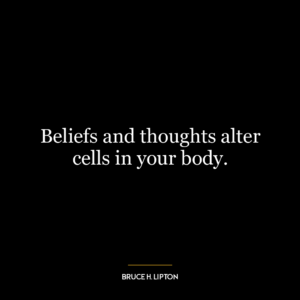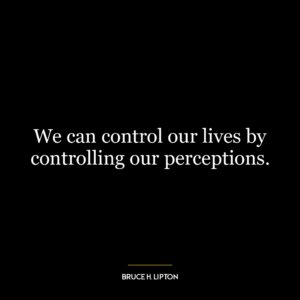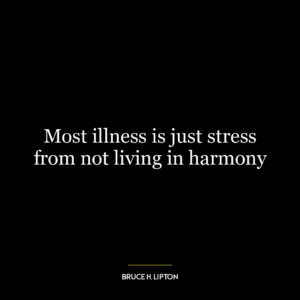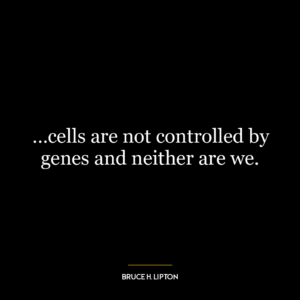What quantum physics teaches us is that everything we thought was physical is not physical.
The quote “What quantum physics teaches us is that everything we thought was physical is not physical” is a reflection of the radical shift in understanding that quantum physics has brought about in our perception of reality. Traditionally, we perceive the world as a series of physical objects and events. However, quantum physics challenges this notion by suggesting that the physical world is not as solid or predictable as we believe it to be.
In essence, quantum physics posits that at the smallest levels, particles can exist in multiple places at the same time, can pop in and out of existence, and can even affect each other from vast distances instantly. This is a sharp contrast to the classical physics view, where objects have definite positions and movements.
At the quantum level, matter is not solid but is made up of energy and probabilities. An electron, for example, can be in two places at the same time until it is observed or measured. This is known as superposition. Similarly, particles can be entangled, meaning the state of one can instantly influence the state of the other, no matter the distance between them. This defies our usual understanding of space and time.
Applying this to today’s world or personal development, it suggests that our understanding and perception of reality is not fixed but is subject to change based on new knowledge and experiences. It implies that there can be multiple possibilities and outcomes existing simultaneously until a choice is made or action is taken.
In terms of personal development, it can be interpreted to mean that we are not bound by our past or present circumstances. Just as particles can exist in multiple states, we too have the potential for numerous possibilities. Our current state is not a fixed reality but one of many potentials. By making different choices, we can shift our reality.
Furthermore, the concept of entanglement could be applied to relationships and interactions. Our actions and decisions can have immediate effects on others, regardless of physical distance, much like entangled particles.
In a broader societal context, this understanding could lead to a more interconnected and holistic view of the world, recognizing that our actions have far-reaching impacts and that multiple realities and perspectives exist simultaneously. It challenges us to be open to new possibilities and to recognize the profound interconnectedness of all things.








